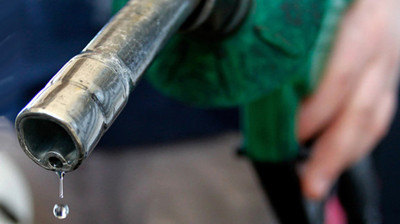Fuel duty

The Treasury argued in April that the freeze, which will have reduced fuel duty by 13% in real terms by the end of this parliament, boosts spending elsewhere in the economy by helping cash-strapped consumers. But parts of the Treasury's analysis already look dated. Since that report was published, the oil price has tumbled by 37%, from $113 a barrel to $71. This continues to reduce prices at the pump. The oil price is now beneath the $75-a-barrel threshold at which the chancellor has previously suggested he would raise the duty.











